Andrei Novik: We Must Talk About Events In Belarus Straightforwardly, Not With Some Hidden Agenda
4- 16.06.2023, 15:40
- 15,622
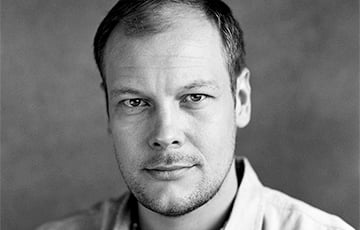
PHOTO: CHARTER97.ORG
The real Belarusian theater today is abroad.
In Warsaw, on June 4, a play “Chistina’s Sea” was shown, dedicated to the first days of protests in Belarus. The theatrical production, presented by the Team Theater, tells about ordinary Belarusians who defied the regime, and the horrors of repression they had to go through.
The website Charter97.org talked about the performance “Chistina’s Sea” with director Andrei Novik:
— The idea of creating such projects is tangling in the air. This is what you need to talk about, what you need to show, but the question is in the material. It was this material that I saw when we went to read it in Krakow, where I was invited as an actor.
When we read it, I got the picture that this was the material that I understood, it needed to be done now not so much for Belarusians, but for Poles, Ukrainians, everyone who still does not have a complete and clear picture of what happened in Belarus.
This should always be said, not forgotten, firstly, for those who went through it themselves and left Belarus. After all, many begin to distance themselves from those events.
Against the background of the war in Ukraine, Belarus has become an absolutely second-rate topic. Many have forgotten, they see in the news that rockets flew from Belarus, that Lukashenka is there, Belarusians seem to have become a completely different people for many, and just a couple of years ago they admired us, our revolution, and suddenly they say: “So these are the Belarusians who fighting for Russia”. No, guys, we have been occupied. Remember what they did to us so that now the people simply could not raise their heads.
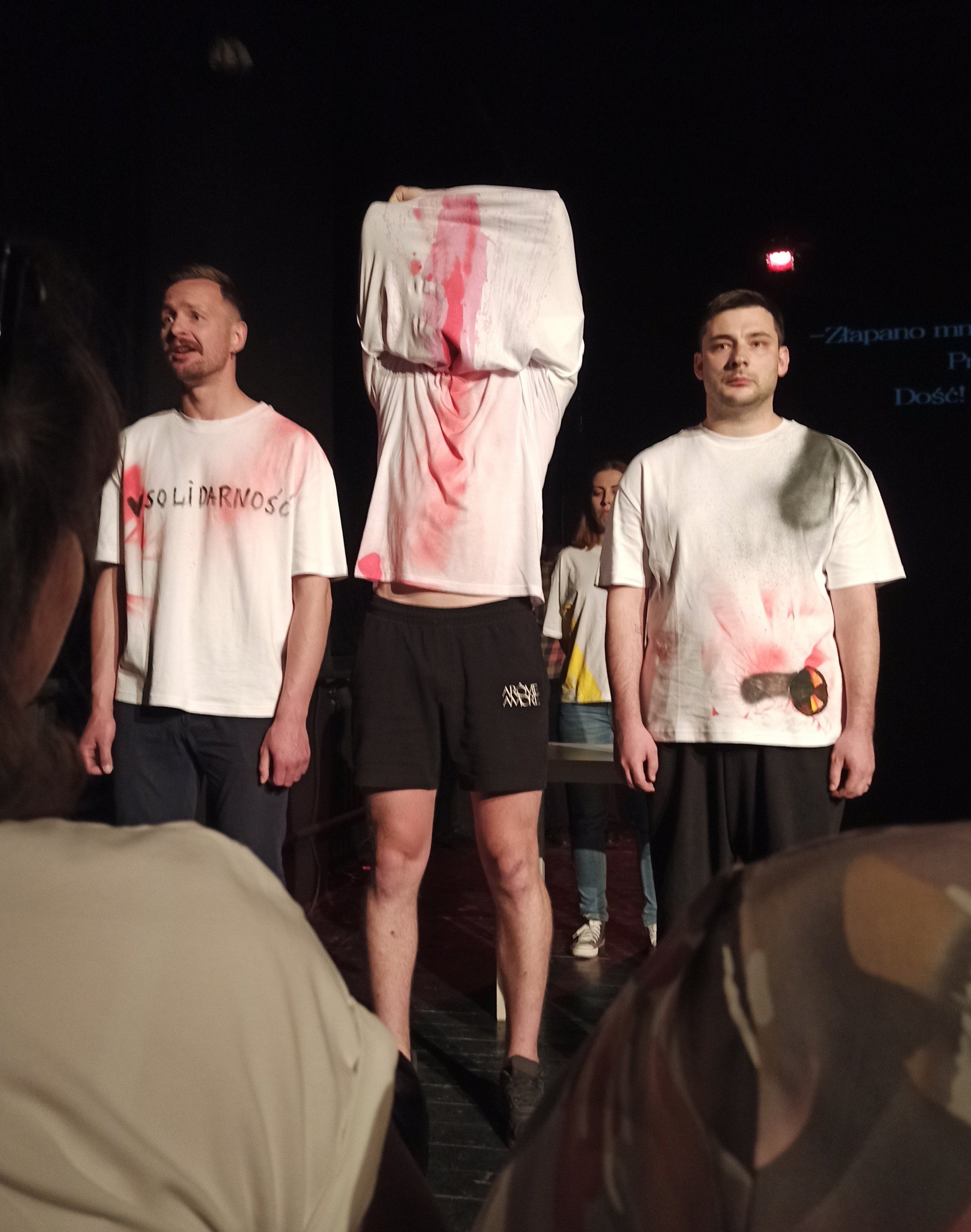
— Is your performance aimed more at Belarusians or do you aim to tell a foreign audience about the events in Belarus?
— My main task is to convey it to all foreigners, whom we can reach out and get through. And a secondary, of course, message to the Belarusians: “Guys, don’t forget this!” When you have been in a safe country for two years already, you begin to forget those feelings and those people who are still behind bars. There’s no news about some of them, some are still being tortured, and repressions continue. Our performance is a comeback. Again, guys, don't forget. That's what's important.
— What kind of feedback about the play do you get from foreigners?
— There were several people who said that this is a very important topic. They thanked us for doing this, because they know little about the history of those days.
I note that we immediately made all the subtitles. Now we are translating into English and will knock on festivals, where the audience will still be more Polish. Our first show took place, 90% of the audience were Belarusians, but we will make our way to the Polish public and further — to Berlin, and then we'll see.
— Tell us about the Team Theater troupe. Who are these people?
— The Team Theater in the sense in which it is now was formed in Poland 1.5 years ago. The Team Theater is a group of guys from Homel who had their own theater in Belarus which was closed for political reasons. They had to flee the country, and here we are, the emigrant guys, actors, organized, recreated it and are trying to do something.
Let's just say that there are not only Team Theater actors here, but representatives from the Free Theater and two people from Kupala Theater. This project is an international group. There is also an actress from the Kherson theater. This is a group of enthusiastic people engaged in the creation of something very important.
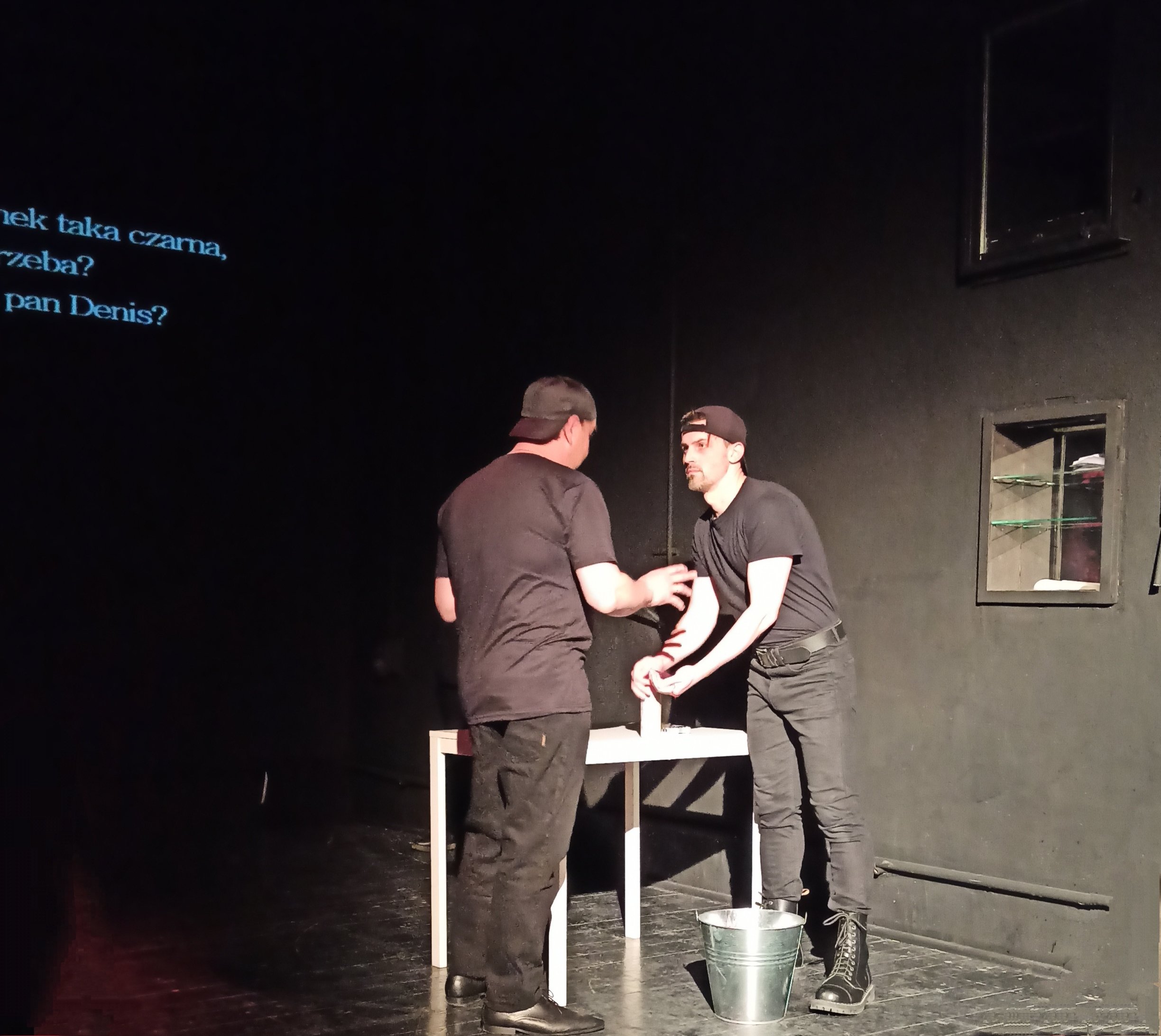
— Why are there not so many performances today with an attempt to comprehend the horror that the Belarusians had to go through? Only “1.8 meters” pops up in my memory and here is your project.
— That's a very difficult question. Probably, a lot of people are still hurt, some kind of therapy is needed, and not immersion in this state. At least half of our team went through repressions. One of them is a political prisoner who was released just a couple of months ago, but he still participated in the creation of this project, because he considers it very important.
Many of our ex-political prisoners friends could not come to the premiere. They say: “Thank you for doing this, you are great fellows, but we cannot do it, physically.” I understand that many people still have very painful memories, they are just not in the right emotional state to go plunging into them.
As for the fact that after all no more vivid and straightforward statements have been created, it seems to me that this is exactly how it should be said — straightforwardly. Not with some hidden agenda, not with references, but directly. After all, we are not talking for our viewers, we need to knock and explain the situation in our society to all those who, let's say, accept us.
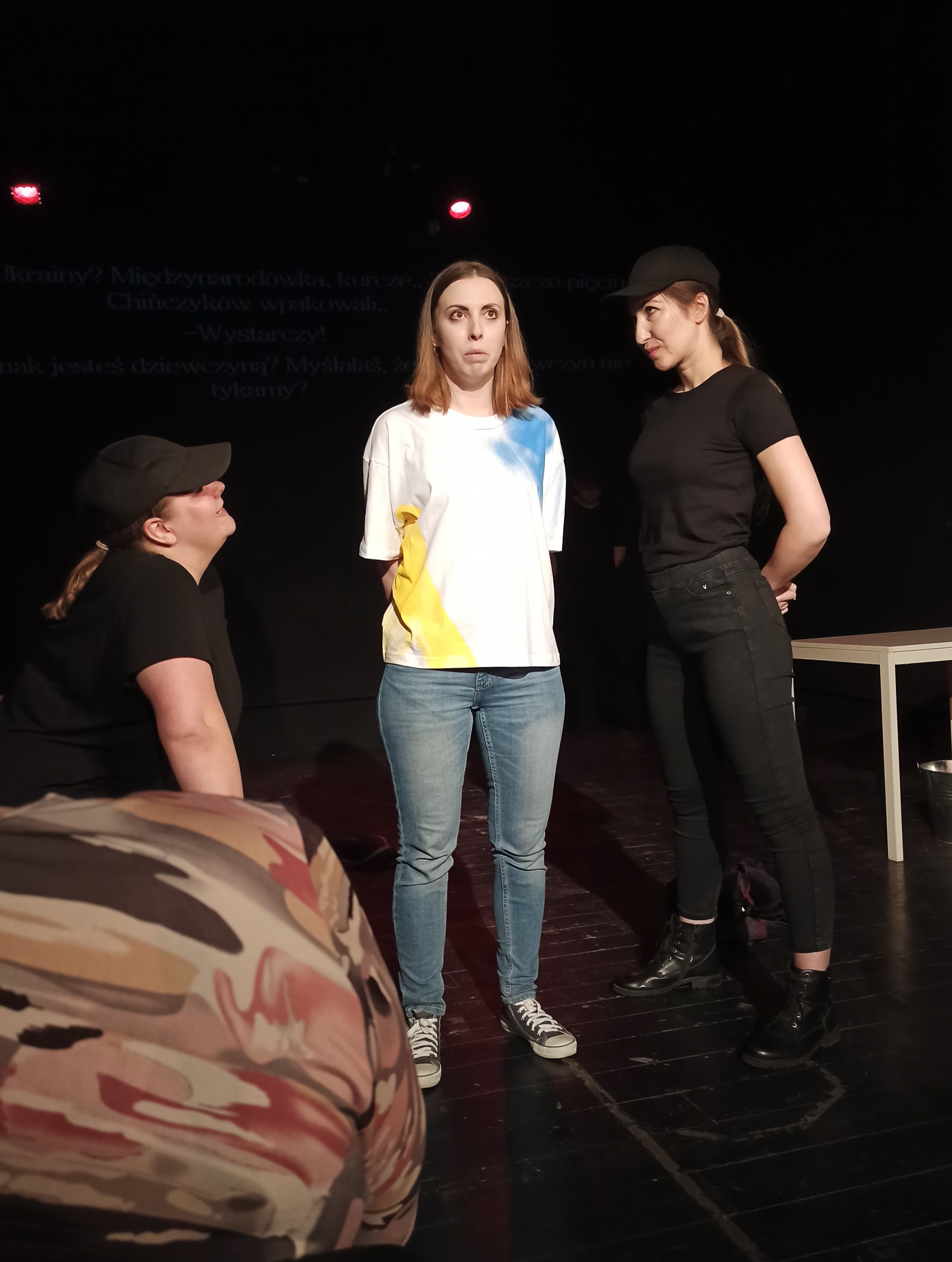
— I would like to touch on your story. After all, you left the theater amid protests. How did you make this decision?
— Yes, I left the Republican Theater of Belarusian Drama when a nationwide strike was announced. In order not to set up the theater itself, I did not declare a strike in the literal sense of the word, but quit on its first day in order to speak on my own behalf.
We gathered a lot in the theater, discussed how we needed to act. The theater staff split up: someone said that drastic measures should be taken, and someone said that the theater should be preserved.
This state of constant reasoning and inaction led to the fact that one day I arrived at the rehearsal, but instead of the stage I went to the director's office so that he would sign my letter of resignation, which had been lying since the beginning of September. I said that if we do something, I will take it or you sign it.
— What is the theater inside Belarus like today?
— To be honest, I can’t say anything right now. I have lost interest and do not follow the events that are unfolding in the Belarusian theatrical space. From what comes to me indirectly, I do not understand at all how one can exist in this.
After all, Russian directors are starting to come there, Russian performances are being staged. It can be seen that there is a colossal rollback. I think that they all see this perfectly, but no one has the strength to oppose something because of the fear of what to do next, in front of the future.
In my opinion, the choice was made more than two years ago, when it was necessary to act sharply and radically.
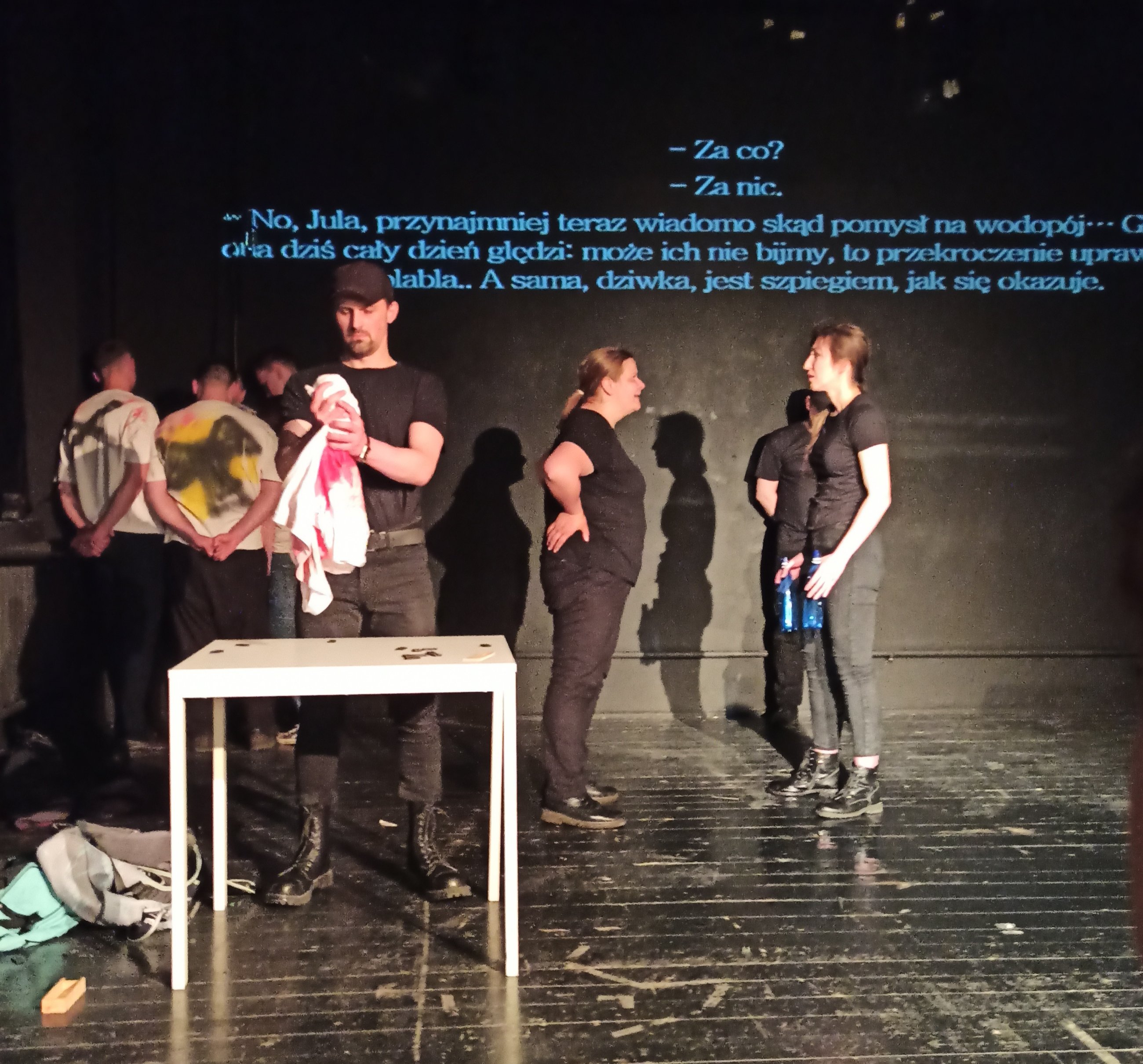
— Now many Belarusian troupes work abroad. To what extent is it possible to keep the Belarusian theater abroad?
— We really hope so. No matter how pathetically it was said on my part, my feeling is that the real Belarusian theater is now in exile. Unspoiled, dissenting, hungry and destitute.
We all hold on to an idea, not money. Of course, there are a lot of problems, but we act and hope that the theater will be preserved.
The issue is that, for example, there are about 70,000 Belarusians in Warsaw. For them, it will be great if there is a Belarusian theater. I really hope that the Belarusians will go. I would like to keep it and put it on some kind of iron foundation so that we can exist, create, travel around the world, showing the Belarusian culture.
After all, it is, firstly, impossible for some troupe to leave Belarus, and, secondly, questions will begin. We'll hold on as long as we can. Another question is how long we can do this without support, because even when we play performances, it is not a plus, but a minus. If we sell tickets for PLN 15-30 and 30 people come, then this is not even enough to pay the rent and cover the resources spent.
So far, the Polish Theater Institute is helping, but we do not feel any help from the Belarusian communities.
You can support the Team Theater team here.









